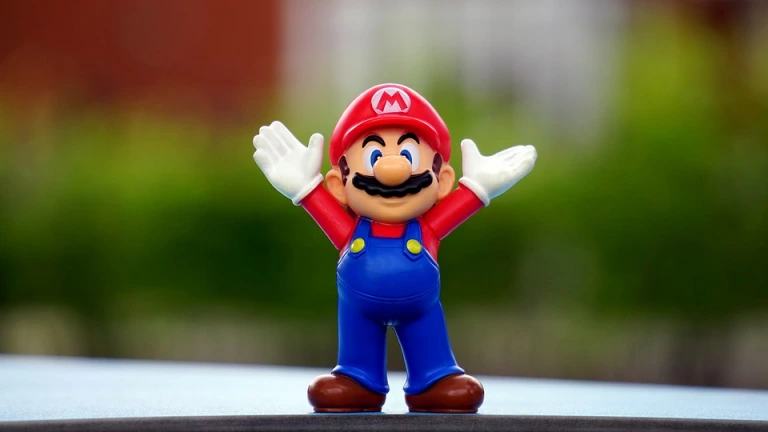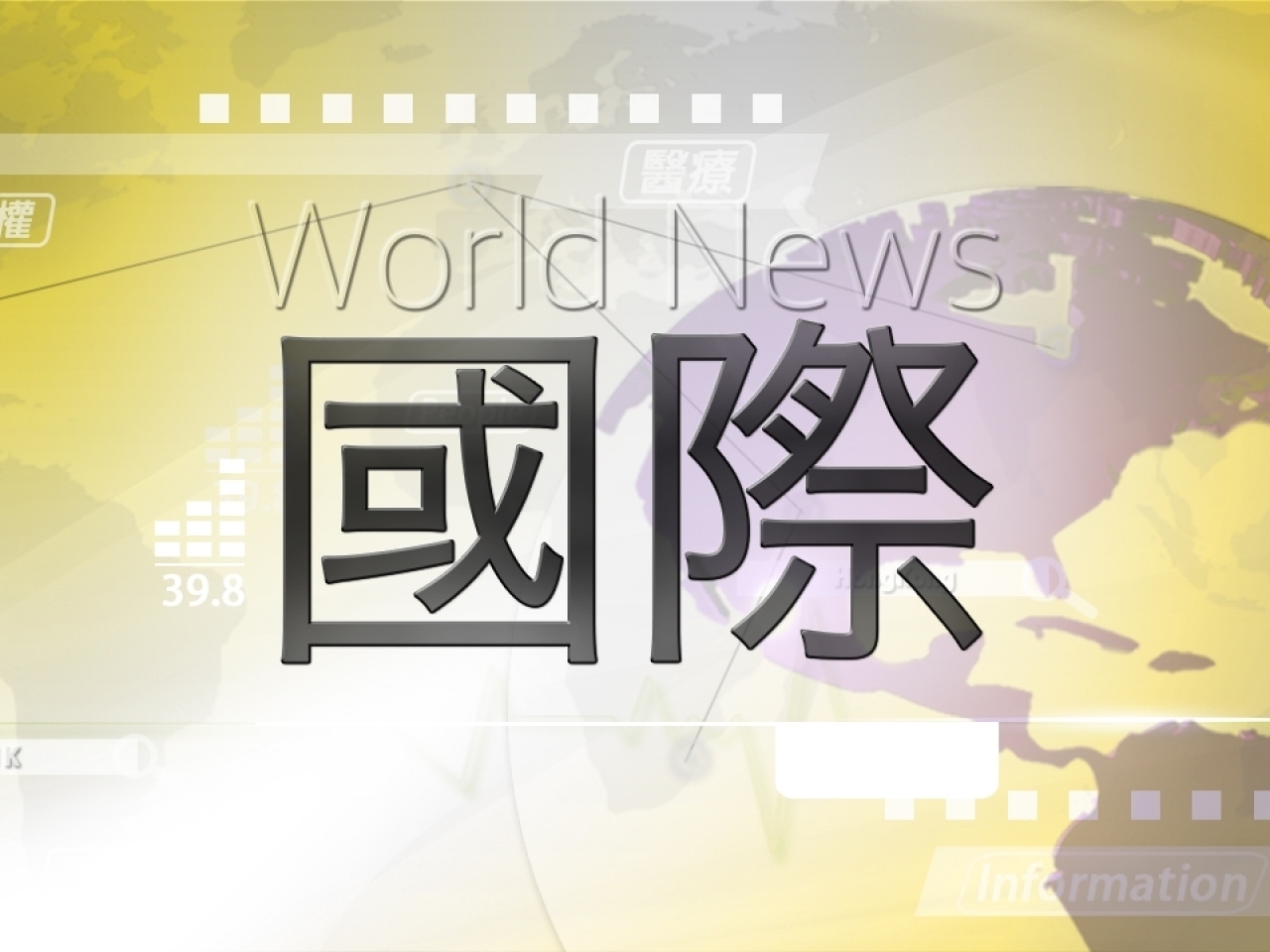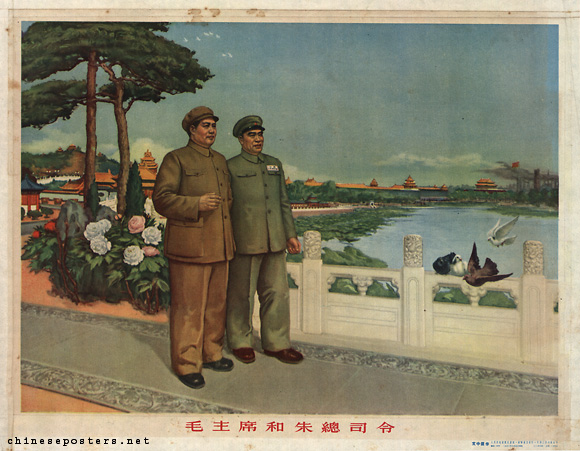 A brand “new” mobile video game for smartphones has just been released in China. The name of this game sure sounds familiar to any video gamer’s ears – Pocket All-Stars Smash Bros. This name reminds us of the beloved and famous Nintendo Super Smash Bros. multiplayer fighting game franchise, which allows players to brawl using their favorite Nintendo characters in epic matches. However, the characters used in the Chinese Pocket All-Stars version are identical to the ones in the Nintendo game.
A brand “new” mobile video game for smartphones has just been released in China. The name of this game sure sounds familiar to any video gamer’s ears – Pocket All-Stars Smash Bros. This name reminds us of the beloved and famous Nintendo Super Smash Bros. multiplayer fighting game franchise, which allows players to brawl using their favorite Nintendo characters in epic matches. However, the characters used in the Chinese Pocket All-Stars version are identical to the ones in the Nintendo game.
Although the Chinese knockoff game takes the shape of a card-battling role-playing game instead of a multiplayer fighting game, it displays images and characters directly taken from Super Smash Bros, including licensed characters from video games companies such as Nintendo, SEGA and Capcom. Pocket All-Stars’ conduct seems to be a clear copyright infringement under Chinese IP laws.
Under Chinese law, copyright does not need to be registered to receive protection. In practice, however, registration provides strong evidence of ownership of copyrights and should not be overlooked. In either case, the work must be an original work of authorship, fixed in a tangible medium of expression. Generally, the underlying code of a video game is protected as a literary work, whereas the artwork (e.g. characters, background, weapons, visual special effects) and sound (e.g. video game soundtrack and specific sound effects), are treated as separated protectable audiovisual work. Here, it seems undisputable that Super Mario, Link, Kirby or Samus Aran are Nintendo’s original work which have long been fixed in tangible forms and known around the world. Unless Pocket All-Stars legally licensed the right to use these characters from, it likely has violated Nintendo’s copyrights.
The context has to be taken into account. In 2015, the Chinese government lifted a 14-year long ban on Nintendo’s game consoles, enabling Nintendo to enter a hugely profitable market. The company is expected to release the games of Pokemon Sun and Pokemon Moon for the first time in Mainland China, with the option to choose Mandarin Chinese as the main language. In order to establish a firm leading position in the Chinese video game market, Nintendo will have to secure and enforce its IP rights in such a way that its potentially substantial market share will not be eaten away by illegitimate copycats. Will Nintendo make an example out of Pocket All-Star Smash Bros. to warn off future copycats?




